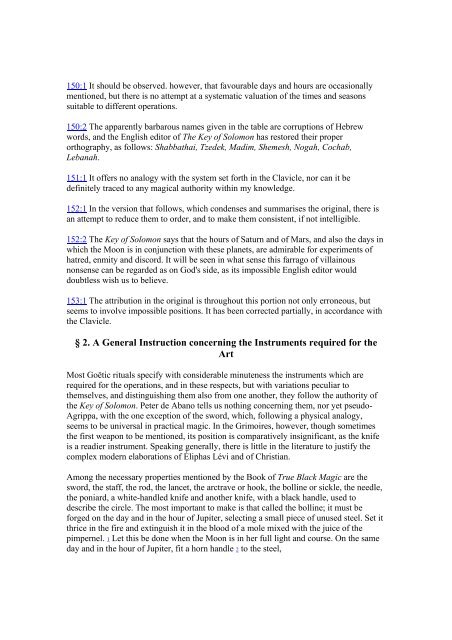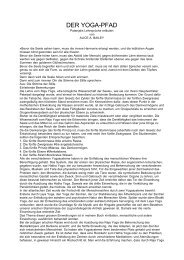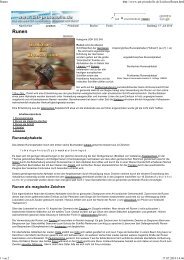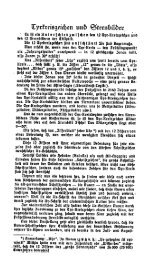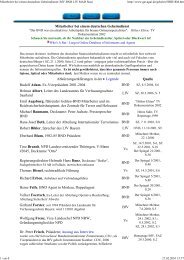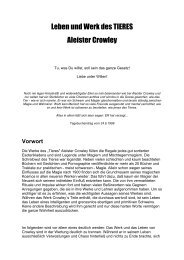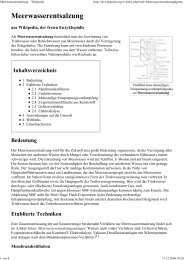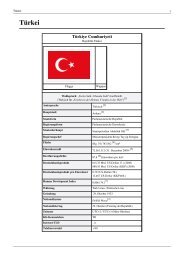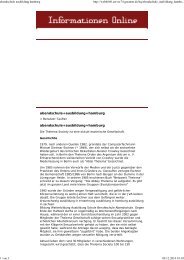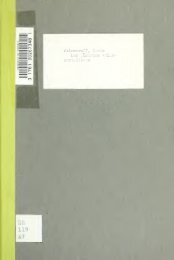The Book of ceremonial Magic
The Book of ceremonial Magic
The Book of ceremonial Magic
You also want an ePaper? Increase the reach of your titles
YUMPU automatically turns print PDFs into web optimized ePapers that Google loves.
150:1 It should be observed. however, that favourable days and hours are occasionally<br />
mentioned, but there is no attempt at a systematic valuation <strong>of</strong> the times and seasons<br />
suitable to different operations.<br />
150:2 <strong>The</strong> apparently barbarous names given in the table are corruptions <strong>of</strong> Hebrew<br />
words, and the English editor <strong>of</strong> <strong>The</strong> Key <strong>of</strong> Solomon has restored their proper<br />
orthography, as follows: Shabbathai, Tzedek, Madim, Shemesh, Nogah, Cochab,<br />
Lebanah.<br />
151:1 It <strong>of</strong>fers no analogy with the system set forth in the Clavicle, nor can it be<br />
definitely traced to any magical authority within my knowledge.<br />
152:1 In the version that follows, which condenses and summarises the original, there is<br />
an attempt to reduce them to order, and to make them consistent, if not intelligible.<br />
152:2 <strong>The</strong> Key <strong>of</strong> Solomon says that the hours <strong>of</strong> Saturn and <strong>of</strong> Mars, and also the days in<br />
which the Moon is in conjunction with these planets, are admirable for experiments <strong>of</strong><br />
hatred, enmity and discord. It will be seen in what sense this farrago <strong>of</strong> villainous<br />
nonsense can be regarded as on God's side, as its impossible English editor would<br />
doubtless wish us to believe.<br />
153:1 <strong>The</strong> attribution in the original is throughout this portion not only erroneous, but<br />
seems to involve impossible positions. It has been corrected partially, in accordance with<br />
the Clavicle.<br />
§ 2. A General Instruction concerning the Instruments required for the<br />
Art<br />
Most Goëtic rituals specify with considerable minuteness the instruments which are<br />
required for the operations, and in these respects, but with variations peculiar to<br />
themselves, and distinguishing them also from one another, they follow the authority <strong>of</strong><br />
the Key <strong>of</strong> Solomon. Peter de Abano tells us nothing concerning them, nor yet pseudo-<br />
Agrippa, with the one exception <strong>of</strong> the sword, which, following a physical analogy,<br />
seems to be universal in practical magic. In the Grimoires, however, though sometimes<br />
the first weapon to be mentioned, its position is comparatively insignificant, as the knife<br />
is a readier instrument. Speaking generally, there is little in the literature to justify the<br />
complex modern elaborations <strong>of</strong> Éliphas Lévi and <strong>of</strong> Christian.<br />
Among the necessary properties mentioned by the <strong>Book</strong> <strong>of</strong> True Black <strong>Magic</strong> are the<br />
sword, the staff, the rod, the lancet, the arctrave or hook, the bolline or sickle, the needle,<br />
the poniard, a white-handled knife and another knife, with a black handle, used to<br />
describe the circle. <strong>The</strong> most important to make is that called the bolline; it must be<br />
forged on the day and in the hour <strong>of</strong> Jupiter, selecting a small piece <strong>of</strong> unused steel. Set it<br />
thrice in the fire and extinguish it in the blood <strong>of</strong> a mole mixed with the juice <strong>of</strong> the<br />
pimpernel. 1 Let this be done when the Moon is in her full light and course. On the same<br />
day and in the hour <strong>of</strong> Jupiter, fit a horn handle 2 to the steel,


